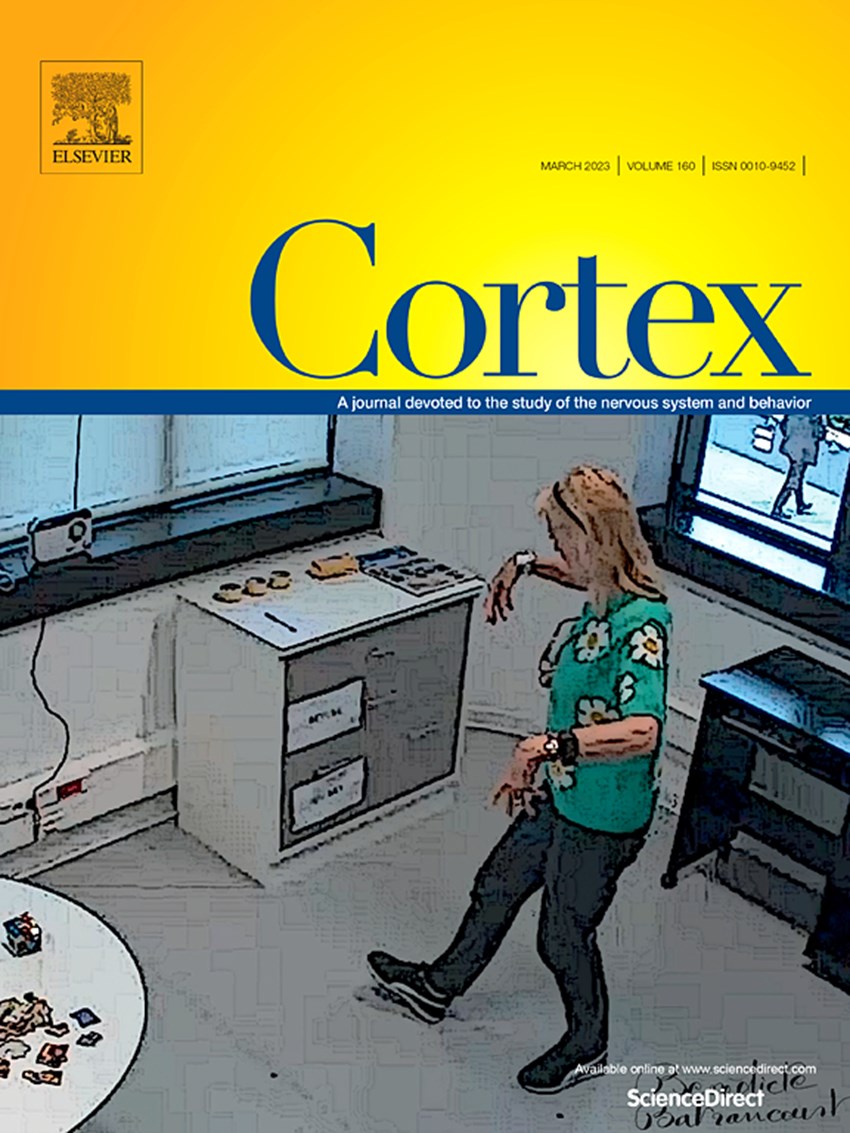No âmbito do projeto de investigação 249/16 - Healthy aging and economic decision-making: neuropsychophysiological examination of the affect-integration-motivation framework of decision-making in aging brain, apoiado pela Fundação BIAL, João Marques-Teixeira e colaboradores analisaram o impacto do envelhecimento no processamento facial. Verificaram que os adultos mais velhos, quando comparados com os jovens, ativam recursos neuronais adicionais durante a visualização de expressões faciais de emoção, bem como de estímulos não faciais (casas e canecas). O envelhecimento pode dificultar o processamento neural de expressões faciais de emoção, e essa dificuldade pode ser exacerbada durante a identificação de emoções de rostos de seus pares da mesma idade. Mais resultados estão disponíveis no artigo Effects of aging on face processing: An ERP study of the own-age bias with neutral and emotional faces publicado na revista científica Cortex.
ABSTRACT
Older adults systematically show an enhanced N170 amplitude during the visualization of facial expressions of emotion. The present study aimed to replicate this finding, further investigating if this effect is specific to facial stimuli, present in other neural correlates of face processing, and modulated by own-age faces. To this purpose, younger (n = 25; Mage = 28.36), middle-aged (n = 23; Mage = 48.74), and older adults (n = 25; Mage = 67.36) performed two face/emotion identification tasks during an EEG recording. The results showed that groups did not differ regarding P100 amplitude, but older adults had increased N170 amplitude for both facial and non-facial stimuli. The event-related potentials analysed were not modulated by an own-age bias, but older faces elicited larger N170 in the Emotion Identification Task for all groups. This increased amplitude may reflect a higher ambiguity of older faces due to age-related changes in their physical features, which may elicit higher neural resources to decode. Regarding P250, older faces elicited decreased amplitudes than younger faces, which may reflect a reduced processing of the emotional content of older faces. This interpretation is consistent with the lower accuracy obtained for this category of stimuli across groups. These results have important social implications and suggest that aging may hamper the neural processing of facial expressions of emotion, especially for own-age peers.
































































































